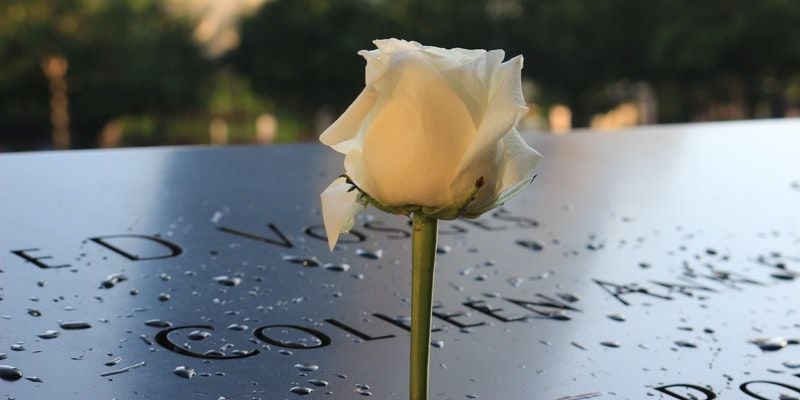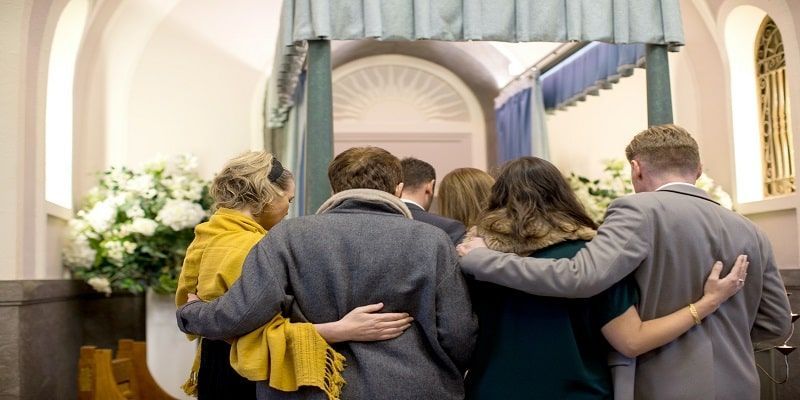Understanding Cremation Timelines: How Long Does It Take?
Discover how long cremation takes, factors influencing the timeline, and the steps involved, tailored for those seeking cremation services in La Habra, CA.

For families considering cremation services in La Habra, CA, knowing how long the process takes can help alleviate stress during a difficult time. Cremation timelines depend on several factors, including legal procedures, service preferences, and logistical considerations. Each step is vital to ensure the process meets both regulatory standards and the family’s expectations, making the overall timeline vary slightly in every case.
Key Factors That Influence Cremation Timelines
1. Legal and Administrative Steps
Legal requirements form a critical aspect of the cremation timeline. The process begins with obtaining a death certificate, which typically takes 1-3 business days, depending on how quickly the attending physician or medical examiner provides the necessary information. Additionally, permits must be secured from local authorities, which may take extra time in certain jurisdictions, especially if additional reviews are required.
2. Family Decisions and Services
Some families choose to incorporate memorial or viewing services before cremation, extending the timeline. These ceremonies require coordination with clergy and venues and sometimes involve embalming if an open-casket viewing is desired. This step alone can add several days, especially if the family wants to include extended relatives or friends who may need time to travel.
3. Crematory Scheduling
The availability of the crematory also plays a role in determining how long the process will take. Some providers operate on a first-come, first-served basis, while others may be busier during certain times of the year. For example, holiday seasons or flu seasons can increase demand, potentially adding a few days to the timeline.
A Step-by-Step Look at the Cremation Process
1. Documentation and Authorization
The process begins with securing the required documents, including the death certificate and cremation authorization forms. These steps are often completed within a few days but can take longer if legal investigations are required.
2. Preparation and Identification
Proper identification is an essential part of the process, ensuring accuracy and adherence to strict industry standards. This step may include confirmation by a family member or representative, which typically takes a day or two.
3. The Procedure
Once all documents are verified and the crematory is scheduled, the procedure itself typically takes several hours. Most facilities aim to complete the process on the same day as scheduled, ensuring families can proceed with their plans without unnecessary delays.
4. Returning the Remains
After the cremation, families often receive the remains within a day or two, depending on their chosen service provider. Additional services, such as memorial urns or special keepsakes, can add extra time.
Additional Factors That May Extend the Timeline
Coroner or Medical Examiner Involvement
If the death occurred under unexpected or suspicious circumstances, the coroner or medical examiner may need additional time for investigations and issuing permits. This can extend the timeline by several days or even weeks in rare cases.
Religious or Cultural Practices
Certain traditions or rituals may require specific ceremonies before cremation. These cultural observances are essential for many families but can also lengthen the timeline depending on their complexity and scheduling requirements.
Custom Memorial Requests
Personalized requests, such as creating special memorial keepsakes or incorporating specific ceremonies into the cremation process, may require additional planning and time.
Provider-Specific Factors
The cremation timeline may vary depending on the provider’s policies and capacity. Smaller facilities with limited staff or equipment might need more time compared to larger, well-resourced providers.
Planning Ahead to Minimize Delays
Understanding these variables can help families plan more efficiently. Working with an experienced provider can make the process smoother by addressing all logistical and legal requirements upfront. Providers often guide families through necessary steps, helping avoid common pitfalls that could lead to delays.
Final Thoughts
Cremation timelines generally range from 7-10 days, encompassing legal formalities, scheduling, and family preferences. While the procedure itself is straightforward, factors like administrative requirements, ceremonial needs, and provider capacity can influence the total time required. Families can ensure a smooth experience by collaborating with knowledgeable and compassionate service providers.
For reliable and respectful cremation services in La Habra, CA, contact Community Funeral Service. Let our experienced team guide you through every step, providing peace of mind during a challenging time.










